Distinguished friends
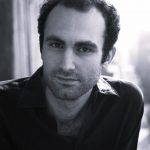 Khalid Abdalla
Khalid Abdalla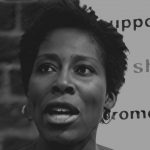 Maria Adebowale-Schwarte
Maria Adebowale-Schwarte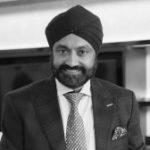 Sukhpal Singh Ahluwalia
Sukhpal Singh Ahluwalia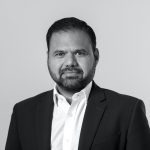 Rajesh Agrawal
Rajesh Agrawal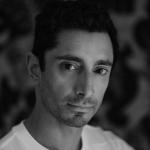 Riz Ahmed
Riz Ahmed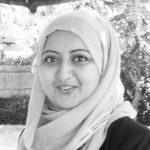 Sughra Ahmed
Sughra Ahmed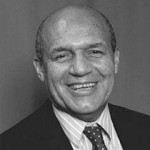 Keith Ajegbo
Keith Ajegbo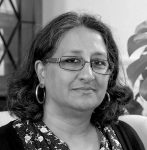 Claire Alexander
Claire Alexander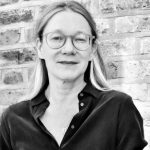 Kitty Arie
Kitty Arie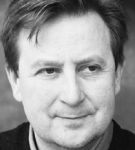 Julian Baggini
Julian Baggini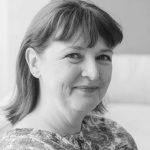 Zelda Baveystock
Zelda Baveystock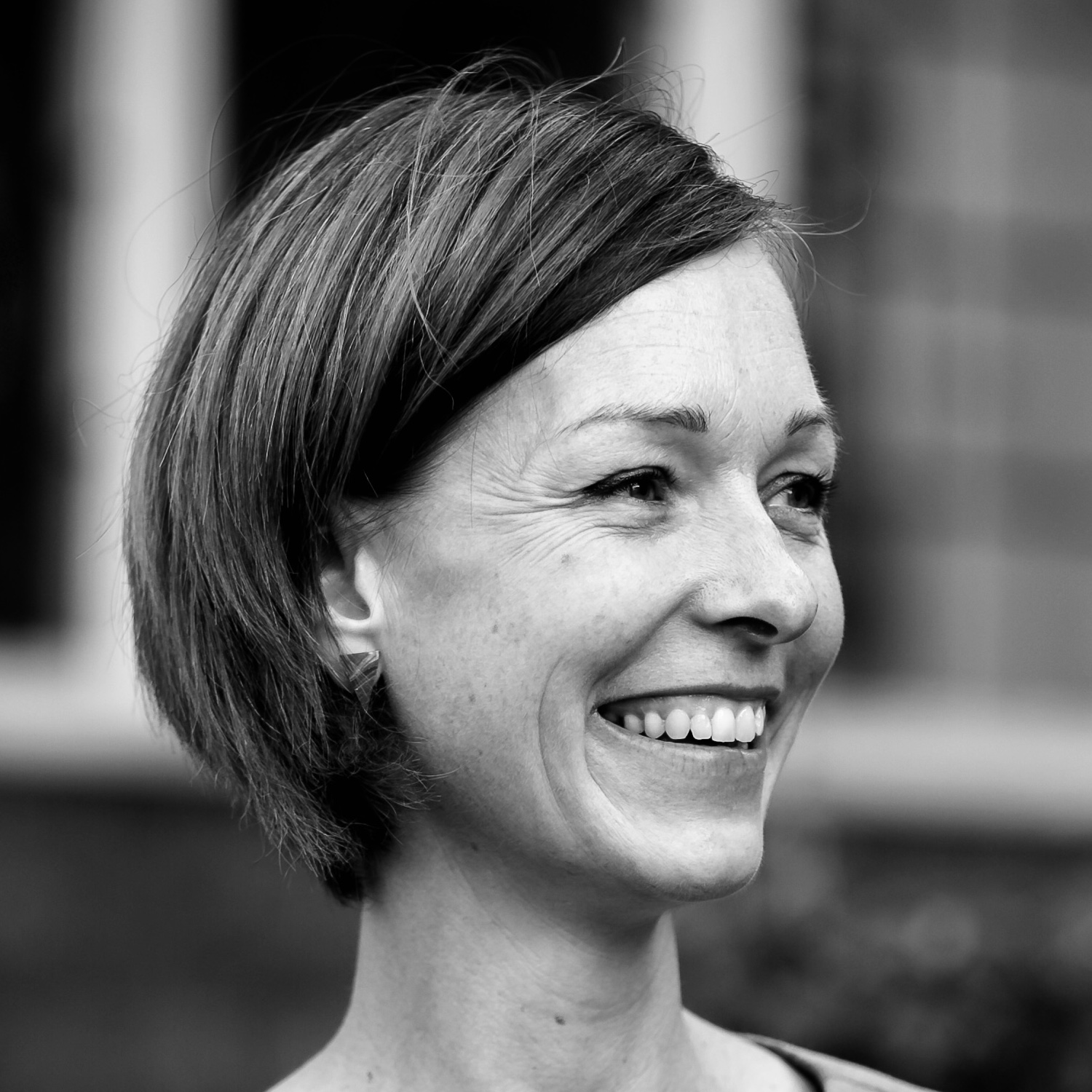 Haidee Bell
Haidee Bell Richard Beswick
Richard Beswick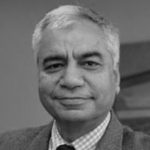 Dinesh Bhugra
Dinesh Bhugra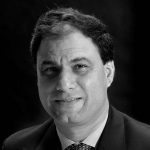 Karan Bilimoria
Karan Bilimoria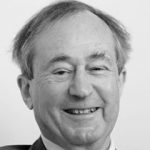 Geoffrey Bindman
Geoffrey Bindman Karen Blackett
Karen Blackett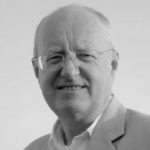 Nicholas Blake
Nicholas Blake Ian Blatchford
Ian Blatchford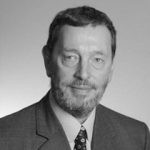 David Blunkett
David Blunkett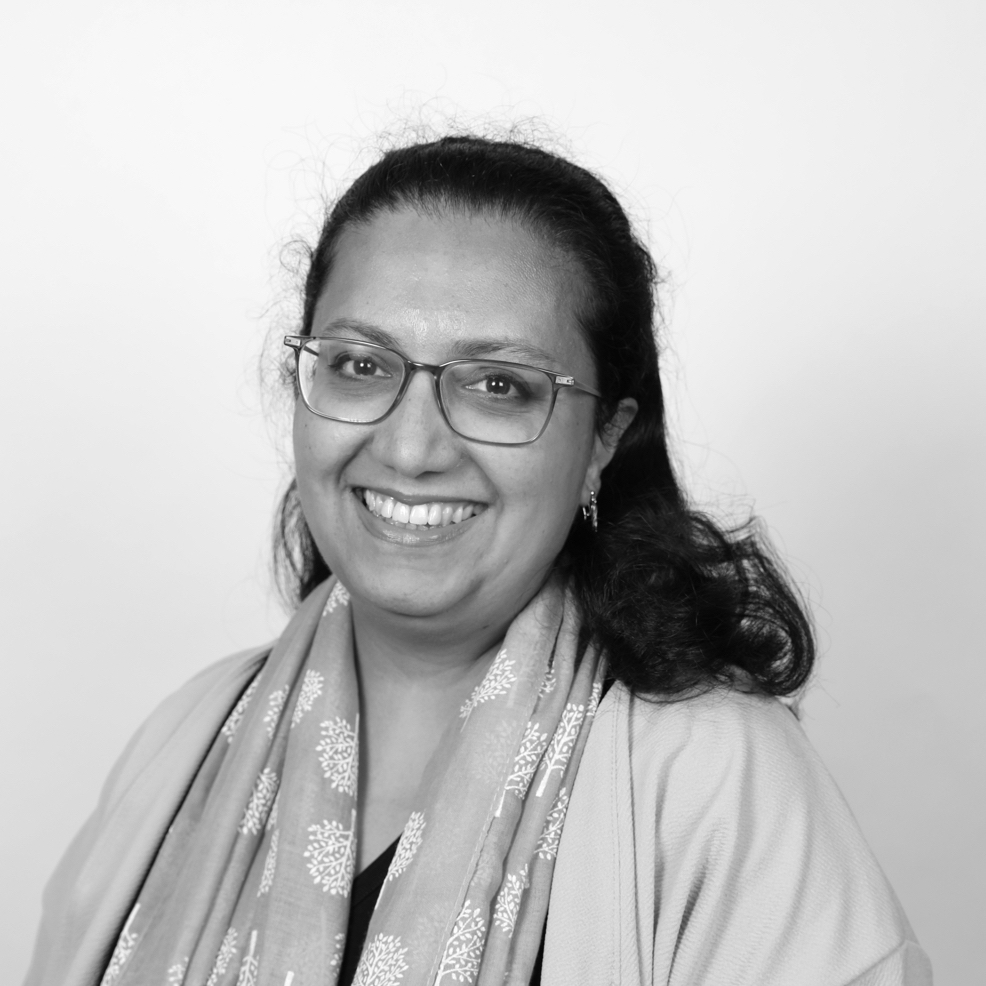 Hina Bokhari
Hina Bokhari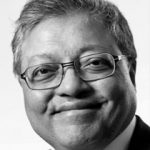 Mihir Bose
Mihir Bose Alain de Botton
Alain de Botton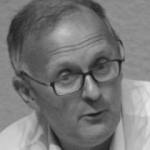 John Bowers
John Bowers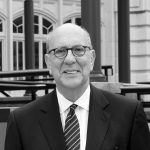 Stephen Briganti
Stephen Briganti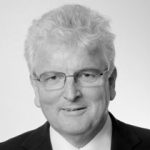 Des Browne
Des Browne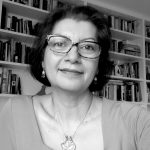 Mukti Jain Campion
Mukti Jain Campion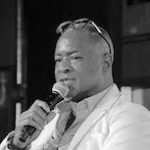 Paul Canoville
Paul Canoville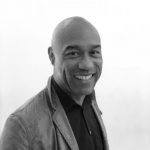 Gus Casely-Hayford
Gus Casely-Hayford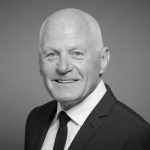 Michael Cashman
Michael Cashman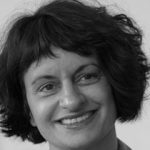 Saimo Chahal
Saimo Chahal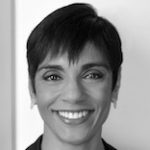 Reeta Chakrabarti
Reeta Chakrabarti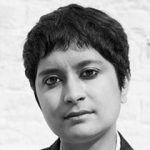 Shami Chakrabarti
Shami Chakrabarti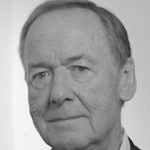 Stephen Claypole
Stephen Claypole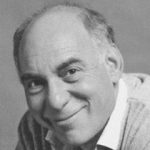 Robin Cohen
Robin Cohen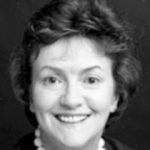 Linda Colley
Linda Colley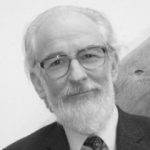 David Crystal
David Crystal Angélica Dass
Angélica Dass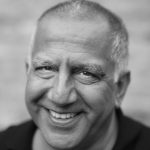 Prakash Daswani
Prakash Daswani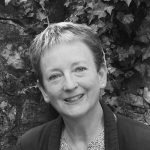 Sandie Dawe
Sandie Dawe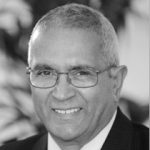 Navnit Dholakia
Navnit Dholakia Sherry Dobbin
Sherry Dobbin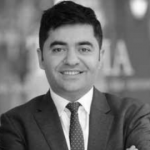 Ibrahim Dogus
Ibrahim Dogus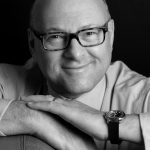 Lloyd Dorfman
Lloyd Dorfman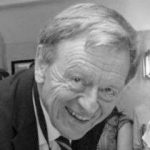 Alf Dubs
Alf Dubs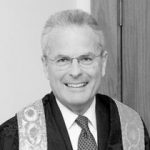 John Dyson
John Dyson Damien Egan
Damien Egan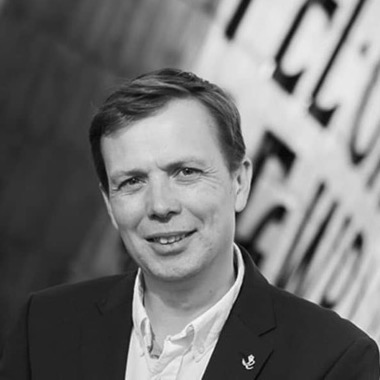 Graeme Farrow
Graeme Farrow Daniel Franklin
Daniel Franklin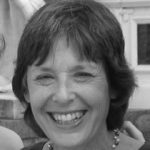 Edie Friedman
Edie Friedman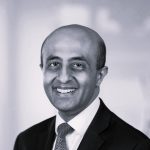 Jitesh Gadhia
Jitesh Gadhia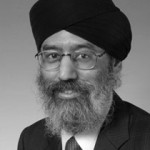 Manjit Singh Gill
Manjit Singh Gill Teresa Graham
Teresa Graham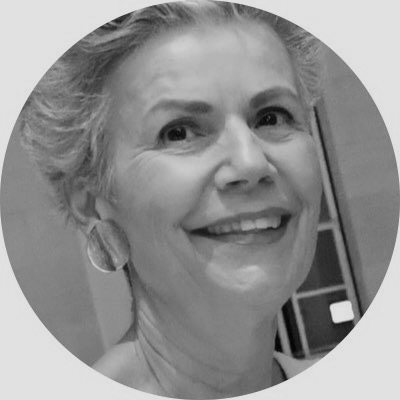 Ann Grant
Ann Grant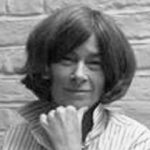 Susie Harries
Susie Harries Naomie Harris
Naomie Harris James Hathaway
James Hathaway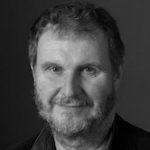 David Hencke
David Hencke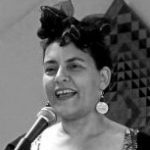 Sophie Herxheimer
Sophie Herxheimer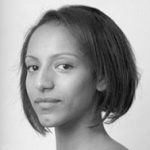 Afua Hirsch
Afua Hirsch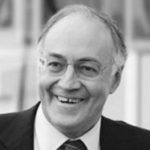 Michael Howard
Michael Howard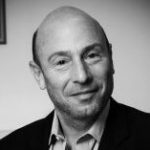 Clive Jacobs
Clive Jacobs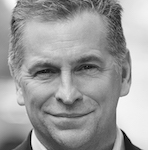 Kevin Jennings
Kevin Jennings Adrian Johns
Adrian Johns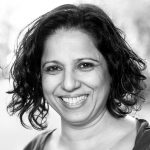 Shobu Kapoor
Shobu Kapoor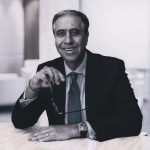 Malik Karim
Malik Karim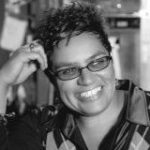 Jackie Kay
Jackie Kay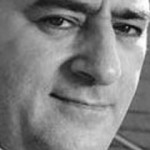 Ayub Khan-Din
Ayub Khan-Din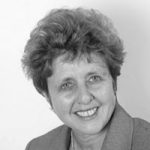 Francesca Klug
Francesca Klug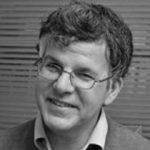 Tony Kushner
Tony Kushner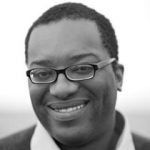 Kwasi Kwarteng
Kwasi Kwarteng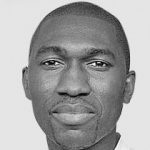 Kwame Kwei-Armah
Kwame Kwei-Armah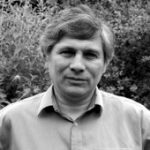 David Kynaston
David Kynaston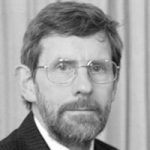 Brian Lambkin
Brian Lambkin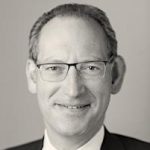 Mark Lewisohn
Mark Lewisohn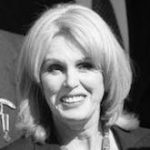 Joanna Lumley
Joanna Lumley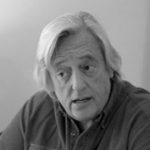 Michael Mansfield
Michael Mansfield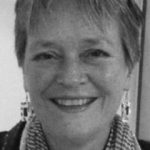 Sue McAlpine
Sue McAlpine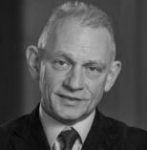 Neil Mendoza
Neil Mendoza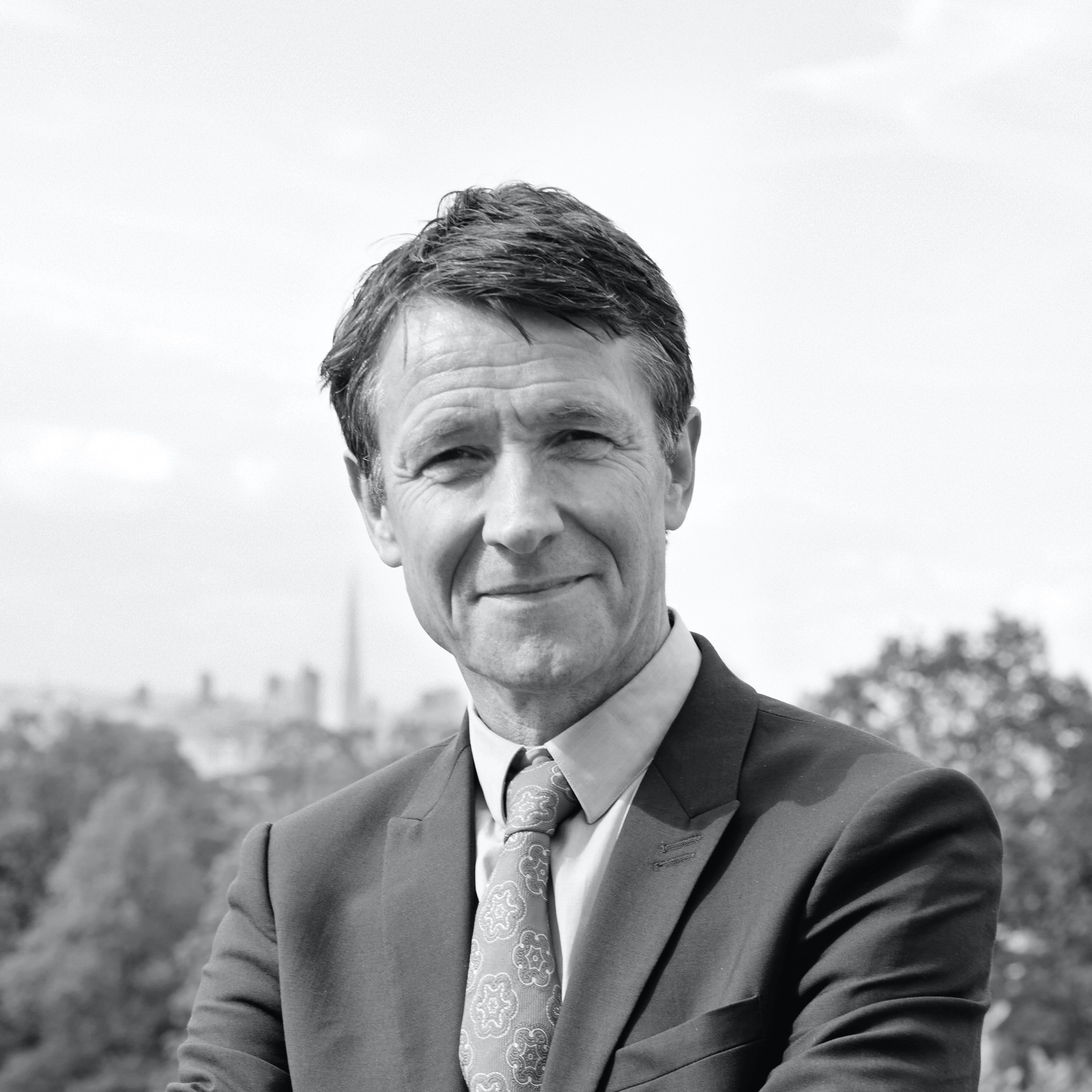 Nick Merriman
Nick Merriman Munira Mirza
Munira Mirza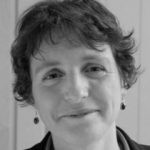 Abigail Morris
Abigail Morris Hugh Muir
Hugh Muir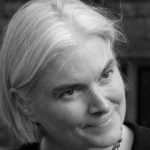 Tessa Murdoch
Tessa Murdoch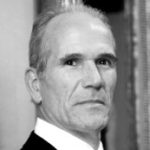 Sandy Nairne
Sandy Nairne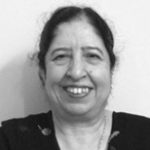 Bushra Nasir
Bushra Nasir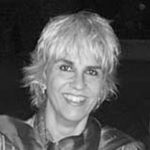 Susheila Nasta
Susheila Nasta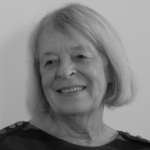 Eithne Nightingale
Eithne Nightingale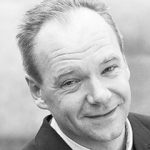 John O’Farrell
John O’Farrell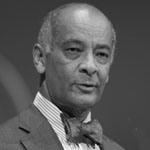 Kenneth Olisa
Kenneth Olisa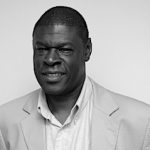 Kunle Olulode
Kunle Olulode Julia Onslow-Cole
Julia Onslow-Cole John Orna-Ornstein
John Orna-Ornstein Sameer Pabari
Sameer Pabari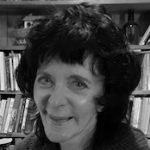 Ruth Padel
Ruth Padel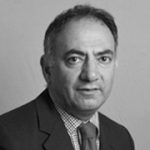 Panikos Panayi
Panikos Panayi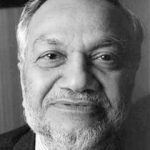 Bhikhu Parekh
Bhikhu Parekh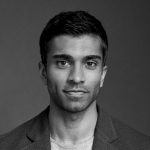 Nikesh Patel
Nikesh Patel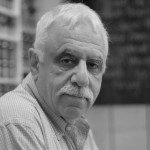 David Pearl
David Pearl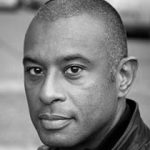 Caryl Phillips
Caryl Phillips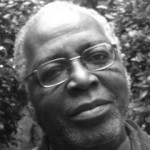 Mike Phillips
Mike Phillips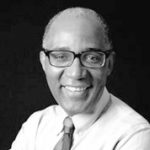 Trevor Phillips
Trevor Phillips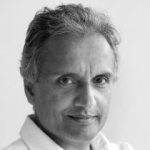 Sunand Prasad
Sunand Prasad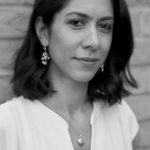 Kavita Puri
Kavita Puri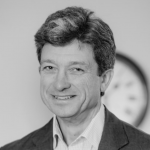 Charles Rix
Charles Rix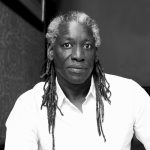 Trevor Robinson
Trevor Robinson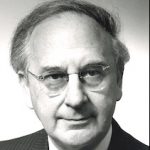 Aubrey Rose
Aubrey Rose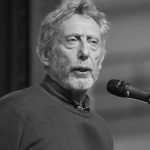 Michael Rosen
Michael Rosen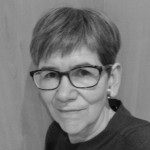 Cathy Ross
Cathy Ross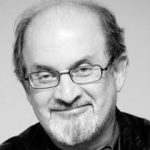 Salman Rushdie
Salman Rushdie Jill Rutter
Jill Rutter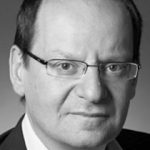 Philippe Sands
Philippe Sands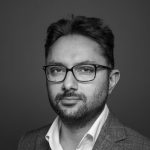 Sathnam Sanghera
Sathnam Sanghera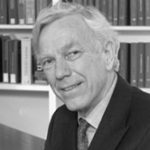 Konrad Schiemann
Konrad Schiemann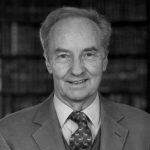 Richard Scott
Richard Scott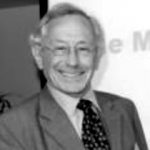 Stephen Sedley
Stephen Sedley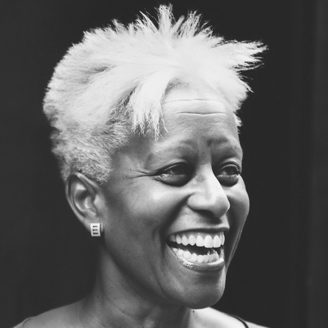 Maggie Semple
Maggie Semple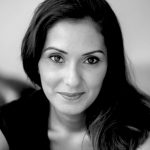 Babita Sharma
Babita Sharma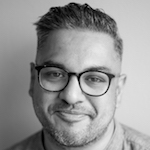 Nikesh Shukla
Nikesh Shukla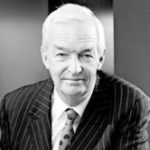 Jon Snow
Jon Snow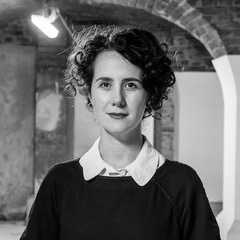 Sonia Solicari
Sonia Solicari Robert Soning
Robert Soning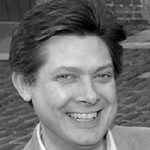 David Spence
David Spence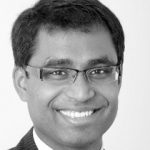 Danny Sriskandarajah
Danny Sriskandarajah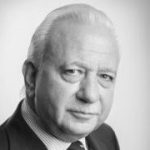 Stelio Stefanou
Stelio Stefanou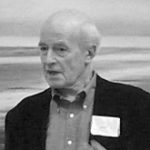 Dick Taverne
Dick Taverne Jane Thompson
Jane Thompson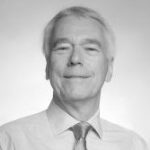 Robert Tombs
Robert Tombs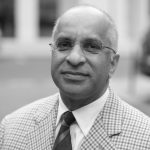 Rumi Verjee
Rumi Verjee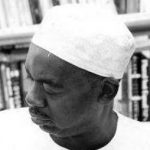 Patrick Vernon
Patrick Vernon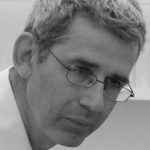 Edmund de Waal
Edmund de Waal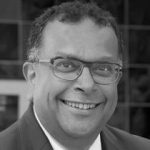 Iqbal Wahhab
Iqbal Wahhab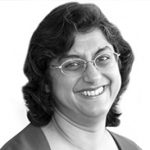 Yasmin Waljee
Yasmin Waljee David Warren
David Warren Iain Watson
Iain Watson Debbie Weekes-Bernard
Debbie Weekes-Bernard Henning Wehn
Henning Wehn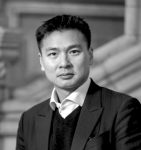 Nat Wei
Nat Wei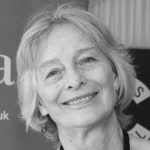 Janet Whitaker
Janet Whitaker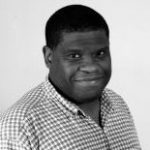 Gary Younge
Gary Younge
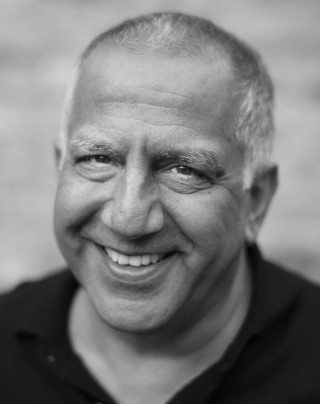
Why am I in favour of the Migration Museum Project? Simple. It matters.
Prakash Daswani
Prakash Daswani was born in India to parents who were themselves migrants – post-Partition religious refugees – before emigrating with them to London as a young child in 1961. Educated in both India and Britain at primary level and subsequently (1973–2013) at four British universities (Lancaster, City, the LSE and Oxford), he has been a cultural activist since the late 1970s, successfully using the arts and heritage to unite people through high-quality engagement with the world’s cultural heritage.
With the late Robert Atkins (d.1994), Prakash devised, developed and delivered a pioneering world culture programme at London’s Commonwealth Institute that ran from 1980 to 1987, subsequently setting up a charity – Cultural Co-operation (CC) – with Robert in 1987. CC’s mission was, and remains, to promote intercultural understanding to help bring about positive social change where inequality, denial of opportunity and other forms of injustice persist, especially those based on racism and religious intolerance.
As CC’s joint artistic director/chief executive with Robert from 1987 to 1994, and its sole head from then until 2014 (when he left CC), Prakash created and produced more than 50 world culture projects in Britain, including the widely popular summer Music Village festivals. Virtually all projects were based on free admission, with each one featuring around 75 leading artists in several art forms, hand-chosen from 80 countries, chiefly in the global South. Some 3 million people attended in all, and over 3,000 visiting artists participated, alongside invited academics, policy makers and members of CC’s own network of a thousand or more creative practitioners recently settled in the UK. Projects also toured beyond London for weeks, to cities across Britain and mainland Europe.
The theme of Culture & Migration has united a number of these projects, particularly those embraced within a 7-year cultural initiative (2001–8) on Global Diasporas that Prakash originated and delivered with the CC team. To cover its costs, he secured US $500k from the Ford Foundation, and around £2 million more from other public and private sector sources in the UK and elsewhere.
In 2010, Prakash devised a new skills training programme – Strengthening Our Common Life by nurturing heritage skills (SOCL) – to enable young Britons from diverse backgrounds to enter the UK heritage sector at executive decision-making levels. He initiated a consortium, managed by CC and comprising partner heritage organisations in London and beyond, to offer traineeships in heritage management. The consortium has grown in size over the life of the project to embrace a total of 21 major heritage organisations in 7 cities. Between them, these organisations – such as the British Museum, National Trust, National Museum of the Royal Navy and Buckingham Palace – will have hosted 77 young people, each undertaking a paid and nationally accredited 12-month traineeship. To finance this nationwide 7-year programme (2011–18) Prakash secured three consecutive grants from the Heritage Lottery Fund (HLF) totalling £1.67 million and a further £600,000 in partnership funding.
Prakash has served as a committee or board member for several organisations since 1981, including Extra European Arts Committee, Community Music, Minority Arts Advisory Service, Arts Council England and London Mayor’s Commission on African and Asian Heritage, for which he also co-chaired the Diversifying Audiences Committee and authored its report (2009); he was also a member of HLF’s London Committee (2006–12). He wrote the keynote study for UNESCO’s 1995 conference in Gimo, Sweden, on ‘The Management of Cultural Pluralism in Europe’ and has since presented many talks, articles and studies on interculturalism and creativity, inequality and discrimination, and cultural heritage management for, among others, the British Council, the Ford Foundation, Chatham House, European Cultural Foundation (ECF), Arts Council England, Jagellonian University (Krakow), Asia-Europe Foundation and the Museums Association.
In 2008, the ECF nominated Prakash for the inaugural Princess Margriet Award for Cultural Diversity, European Year of Intercultural Dialogue. He was awarded the MBE for services to the Arts in 2010.

